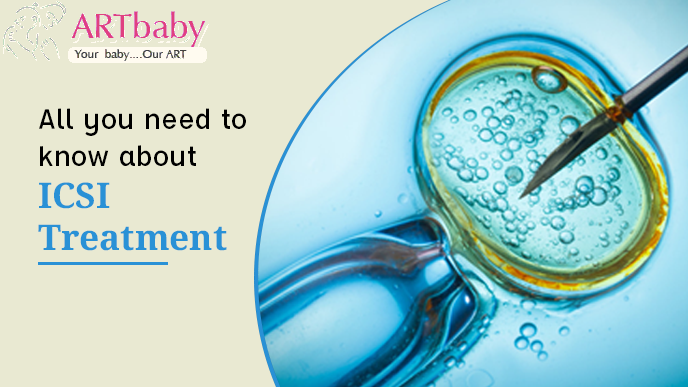Childlessness due to infertility creates a psychological dilemma for many couples. This may provide noticeable and unnoticeable trouncing. Infertility related stress generates an emotional barrier towards different social aspects due to unanticipated familiarity about the fact. Assistive reproductive technology (ART) advancement gives the scope to overcome infertility issues by using donor gametes as well as donor embryos.

In traditional perspective, some of the society including Indian social scenario donation and acceptance of gamete and/or embryo is a sensitive subject as the culture of these societies strongly give the importance to genetically related children. According to the World Health Organization (WHO) estimation, 3.9% to 16.8% Indian couples have primary infertility, although it infertility affected 8%–12% of couples globally.
The couples, who seek to treat their reproductive organ-specific problems often become extremely depressed during the infertility treatment by hearing about the severe female or male factor crisis. The couples experience long-lasting low self-esteem, stigma, which often turns to depression.
Genetic disorders and nonobstructive azoospermia are two primary male reproductive problems identified, which require sperm donation to solve male infertility. Whereas, poor oocyte quality and age-related poor oocyte reserve are female reproductive disorders necessitate egg donation. Both of these female infertility conditions develop due to ovarian surgery, exposure to radiotherapy or chemotherapeutic treatments.
However, sometimes genetic disorders also negatively affect female fertility. Besides these, infertility issue identified in both the partners or in case of genetic problems which is transmittable to offspring can be overcome by using donor embryos.
Infertility related stress, sadness, and gloomy feeling remain in both the partners. In addition, in case of infertility which is treatable by using own gametes of the affected couples can be easier to decide to pursue IVF process and the duration of pre-treatment period is much lesser.
But resistance against the infertility treatment is common when the clinician has advised affected couples to opt for donation program. Very less number of couples easily accept the donation program. The acceptance of the donation program depends upon the couple’s own mental status of the acceptance along with the social acceptance.
There are evidential reports supported that both oocyte gamete treating program and sperm donating treatment process are accepted by both men and women partners. They can also lead an overall stable quality of relationship as similar as couples undergoing IVF treatment with own gametes.
In Sweden, the donated oocytes and /or sperm recipient couples were practically accepted this donation program and reveal the fact to offspring.
But Indians do not have such type of open-mindedness in acceptance of the donation program and related treatments. In India, both recipients and donors do not want to show their recognition to gametes and embryos donation. Infertile couples also want to hide their infertility issues.
Therefore, those couples accept the program usually want to maintain a social gap due to biological difference between parents and offspring. In India, to regulate the reproductive technology (ART), decrease infertility rate and promote donation program, the ICMR (Indian Council of Medical Research) guidelines provide the following regulations:
- In India, the spouse’s consent is must to perform ART procedure.
- Gametes (both eggs or sperm) donation by friends or family member of either of the partner is not allowed.
- The ART clinic is completely responsible for collecting sperm and/or eggs from appropriate banks. ART clinic also takes the charge to provide non-identifiable information regarding donors to the couples.
Hence, In India, ART clinics can be successfully run by getting the provision of counseling, adequate information, duly signed informed consent, proper documentation, the disclosure of exploitation, commercialization, ensure monitoring and maintenance of transparency. It has been recommended that the medical community requires to implant the donated gametes frivolously.
However Indian scenario, the acceptance of donation program is still low. There are no rate acceptance differences between sperm donation or egg donation. However, in Indian males are more readily accept eggs donation program than sperm donation.




